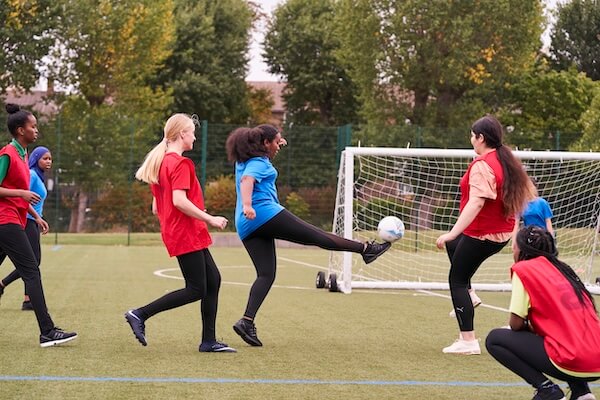
Low back pain is a common issue that affects many people worldwide. It’s a leading cause of disability and can lead to substantial economic costs due to frequent recurrences and long-term treatment needs. A recent Australia study from Macquarie University’s Spinal Pain Research Group explored an innovative approach to prevent the recurrence of low back pain: a personalized walking and education program.
What the Study Did
The research, known as the WalkBack trial, aimed to test the effectiveness and cost-effectiveness of a walking and education intervention for preventing low back pain from coming back. This trial included over 700 adults from across Australia who had recently recovered from low back pain. Participants were divided into two groups: one received the walking and education intervention, while the other did not receive any treatment.
Key Components of the Intervention:
- Individualized Walking Program: Participants
followed a progressively increasing walking plan.
- Education Sessions: They attended six sessions with a physiotherapist over six months to learn about managing and preventing back pain.
Participants were followed for up to three years to monitor how well this intervention prevented back pain from recurring and to evaluate its cost-effectiveness.
What the Findings Showed
The results were promising: the intervention significantly reduced the chances of experiencing a new episode of low back pain. Participants in the walking and education group went 208 days, on average, before their back pain returned, compared to just 112 days for those in the control group.
Why This Matters
This study highlights that a simple, progressive walking program combined with education can be a highly effective way to prevent the recurrence of low back pain. Unlike more costly and complex treatments, walking is an accessible and low-risk option that fits well with daily life. The findings suggest that this type of intervention could be a valuable addition to how we manage low back pain, potentially reducing both personal suffering and healthcare costs.
Takeaway
If you’ve ever struggled with low back pain, incorporating regular walking into your routine might be an effective and cost-efficient way to help prevent future episodes. This research supports the idea that with the right guidance and a bit of effort, simple activities like walking can have significant health benefits and improve your overall quality of life.
Looking for a walking group?
Discover local walking groups across Australia with our activity search.
Joining a walking group not only provides a fantastic opportunity to get active but also makes it easier to establish a regular exercise routine. The social aspect of walking groups can transform your fitness journey into a more enjoyable and sustainable habit.
Regularly meeting with a group provides the accountability and motivation needed to stick with your routine, while also offering the chance to forge new friendships and enjoy the great outdoors. By combining physical activity with social interaction, walking groups create an environment where exercise becomes a fun and anticipated part of your week, helping you stay committed and engaged in your fitness goals.






